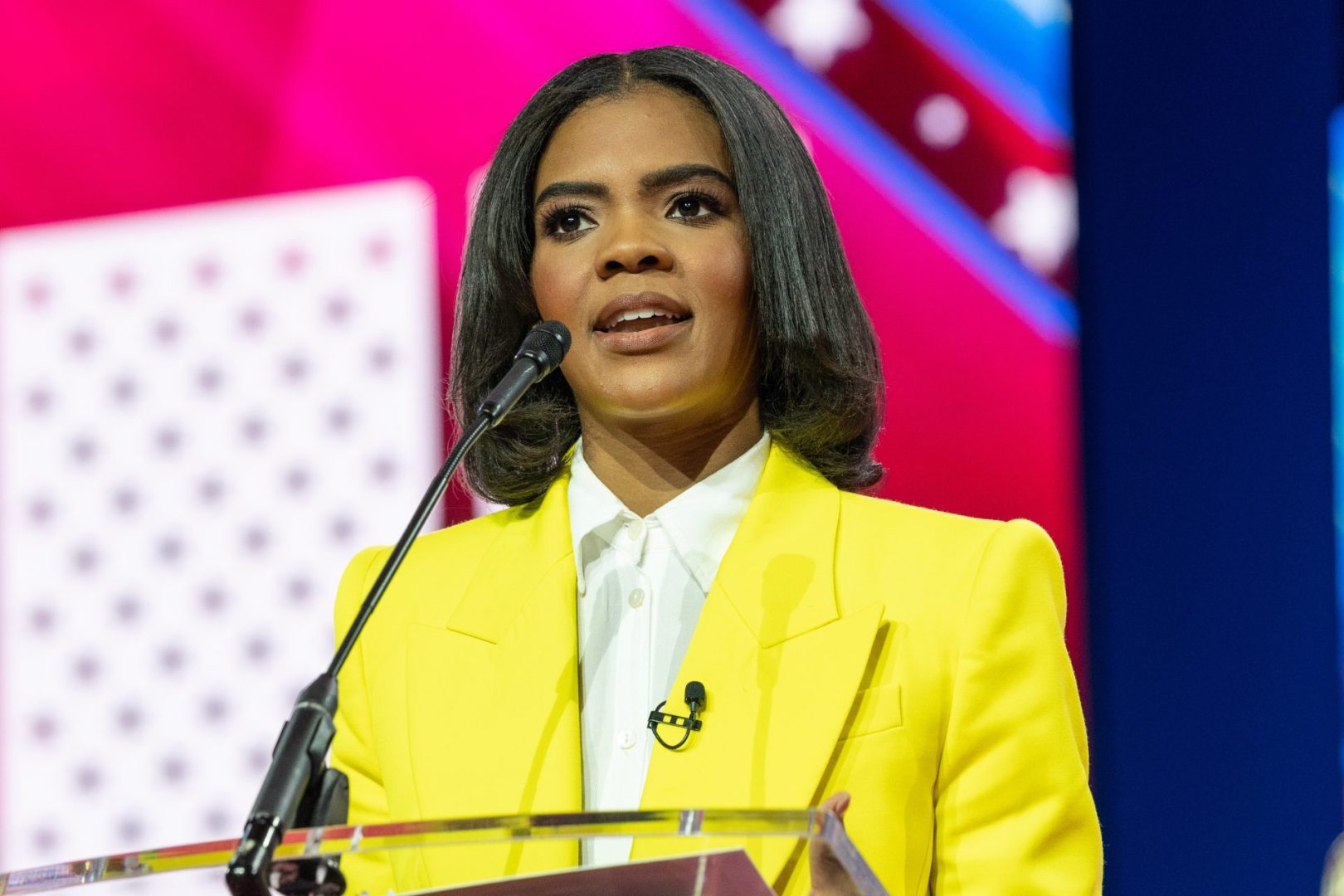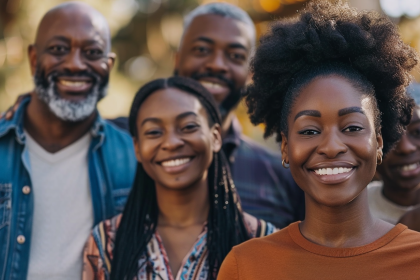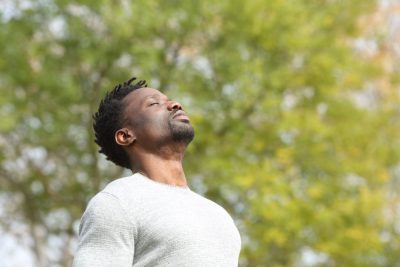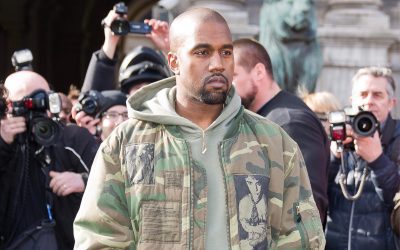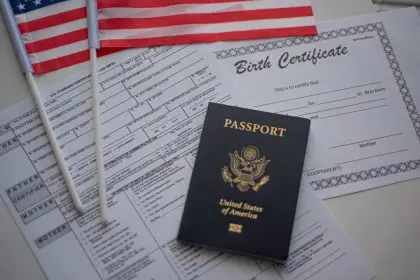In a bold move against hate speech, New Zealand has officially barred conservative commentator Candace Owens from entering the country. The decision follows Australia’s similar stance, with both nations citing Owens’ inflammatory rhetoric and controversial remarks as reasons for the ban. This development highlights a growing global intolerance for divisive figures whose statements have the potential to incite hatred and unrest.
The controversy behind Candace Owens
Owens, a prominent conservative commentator, is known for her provocative views and alignment with far-right ideologies. Her scheduled tour in New Zealand, focused on free speech and Christian values, has now been derailed by government intervention. Officials expressed concern over her history of controversial remarks, particularly those minimizing the Holocaust and making inflammatory comments about various minority groups.
According to reports from the Associated Press, Australian Immigration Minister Tony Burke explained that Owens has the capacity to incite discord in almost every direction. This sentiment was echoed by New Zealand officials, who similarly saw her rhetoric as a potential threat to social cohesion.
A pattern of inflammatory rhetoric
Owens’ statements have often sparked outrage, especially among Jewish communities. Her comments, which have included downplaying Adolf Hitler’s actions, have been widely condemned as historically inaccurate and insensitive. During a speech in London, she infamously remarked that Hitler just wanted to make Germany great, a statement that drew sharp criticism for its trivialization of the Holocaust.
These remarks are not isolated incidents. Owens’ rhetoric consistently pushes the boundaries of acceptable discourse, often targeting marginalized communities. Notably, she was mentioned in the manifesto of the Christchurch shooter, who cited her as an influence. This chilling connection underscores the real-world impact of her words and adds context to the bans imposed by New Zealand and Australia.
Balancing free speech and accountability
The decision to bar Owens from New Zealand reflects a broader debate about the limits of free speech. While freedom of expression is a fundamental right, it comes with responsibilities, especially when speech has the potential to incite violence or hatred. Owens’ case illustrates the complexities of this balance.
In the United States, Owens continues to enjoy the protections of free speech, often using her platform to express controversial opinions. However, other nations, like New Zealand and Australia, are drawing a line, prioritizing public safety and social harmony over unfettered expression.
The global fight against hate speech
New Zealand’s ban on Owens is part of a larger, global effort to combat hate speech and protect vulnerable populations. In recent years, many countries have taken stronger stances against individuals and groups that promote extremist ideologies. The rise of social media has amplified voices like Owens’, making it easier for harmful rhetoric to spread. As a result, governments are increasingly vigilant in their efforts to curb hate speech.
The bans imposed by New Zealand and Australia may set a precedent for how other nations handle similar cases. By denying entry to figures who promote divisive ideologies, these countries are sending a clear message: hate speech will not be tolerated.
Implications for free speech advocates
The actions taken against Owens raise important questions for free speech advocates. Where should the line be drawn between protecting free expression and preventing harm? While Owens and her supporters argue that she is being unfairly targeted, others believe that her rhetoric crosses a line, contributing to an environment of intolerance and division.
For many, the key issue is accountability. Free speech is not without consequences, and individuals who use their platforms to spread hate must be held responsible. The bans imposed by New Zealand and Australia highlight this principle, emphasizing that speech that incites hatred or violence will face repercussions.
What’s next for Candace Owens?
As Owens continues to navigate the fallout from these bans, it remains unclear how this will impact her career and influence. In the U.S., she retains a significant following and continues to speak at events and engage with her audience online. However, the international backlash may limit her ability to participate in global forums and events.
The broader conversation around free speech, accountability, and hate speech is far from over. Owens’ case is just one example of the challenges faced by governments and societies in addressing these issues. As the world becomes increasingly interconnected, the need for clear guidelines and policies on hate speech will only grow.
A stand for inclusivity and understanding
In conclusion, the decisions by New Zealand and Australia to ban Candace Owens underscore a commitment to inclusivity and social harmony. By taking a stand against hate speech, these nations are prioritizing the safety and well-being of their citizens.
While the debate over free speech will undoubtedly continue, the message from New Zealand and Australia is clear: hate has no place here. As communities around the world strive for understanding and acceptance, holding individuals accountable for their words is a crucial step in building a more inclusive future.

